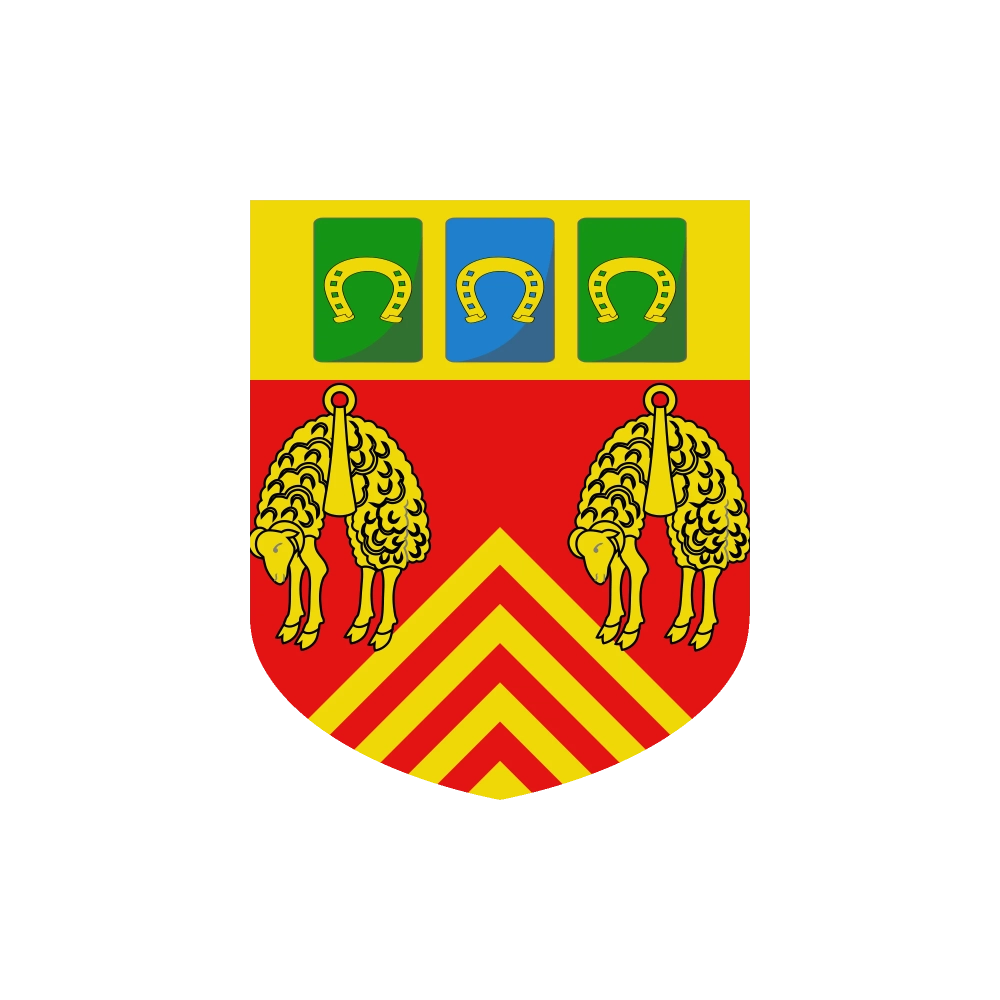A student has started a project to reclaim some of her county’s old language.
Univeristy of Gloucestershire graduate, Holly Williams-Richards said she became “enamoured” by some of the traditional words she found during her research.
Some of these words, such as “flittermouse” - which means bat - are being displayed in a public art trail to introduce them to new generations.
They can be found in places like the Oxstalls Campus at the university and across Gloucester city centre.
There are plenty of archaic words I would like back:
- Overmorrow
- whelm
- etc
A great opportunity to drop in a recommendation for Landmarks by Robert MacFarlane:
This, precisely, is Macfarlane’s point. “This is a book about the power of language,” he writes on page one. “It is a field guide to literature I love, and it is a word hoard of the astonishing lexis for landscape that exists in the comparison of islands, rivers, strands, fells, lochs, cities, towns, corries, hedgerows, fields and edgelands uneasily known as the British Isles.”
That word “astonishing” is a clue. For a sense of mystery, what Macfarlane describes as “un-knowing”, along with the precise names for things, is leaching away from our contemporary experience of nature and needs to be revived if we value our relationship to it. “This is not to suggest that we need adopt either a literal animism or a systematic superstition; only that by instrumentalising nature, linguistically and operationally, we have largely stunned the earth out of wonder,” he writes in his opening chapter.
…
Brindled Moor, on Lewis, is saved in part by a “peat glossary” that has been compiled by local inhabitants led by Finlay MacLeod, who have gathered up the myriad names and descriptions for all the places and phenomena enclosed by the moor. They are the superb authors of the phrase “counter-desecration phrasebook” that Macfarlane uses as the title of his first chapter. So we discover words such as feith – a watercourse running through peat, the form of which resembles veins or sinews; bugha – a green, bow-shaped area of moor grass formed by the winding of a stream; and rionnach maoim – shadows cast on the moorland by clouds moving across the sky on a bright and windy day – lighting up a place that is suddenly not empty or meaningless at all. “‘Those who wish to explain to politicians and others why landscape should be nurtured… face a daunting task where the necessary concepts and vocabulary are not to hand,’ wrote Finlay in a public essay,” Macfarlane quotes.
My Dad was a linguist and loved the book, we bought him others but this is the one that he raved about. We used a passage from one of his later books as a reading at his funeral.
German is Fledermaus if I remember correctly, so Flittermouse seems to be Germanic in origin, as is the Swedish word, fladdermus. Etymology is interesting, but I know next to nothing about it. Guessing is fun, though. If I’m wrong here, I love to be educated.
I get why bat is preferred as the Germanic versions are more than a little clunky and not nearly as cool or scary sounding. Here comes the amazing Flittermouseman! Villains beware!
Raspy voice “I am Flittermouseman”.




